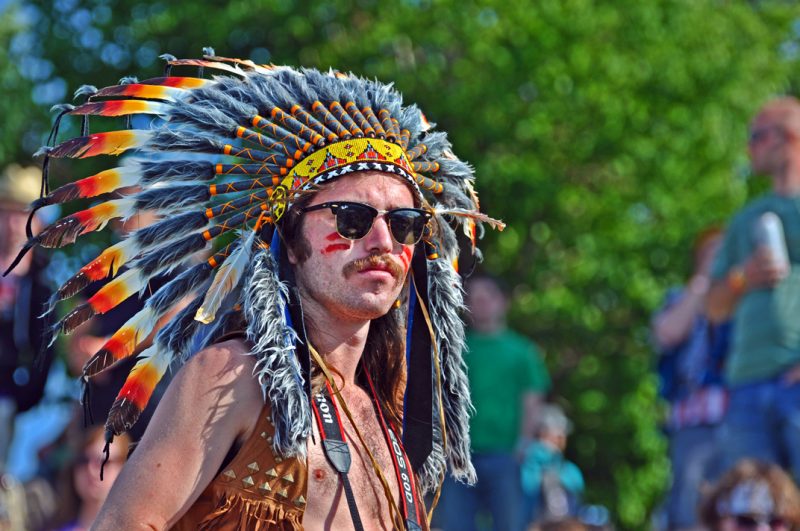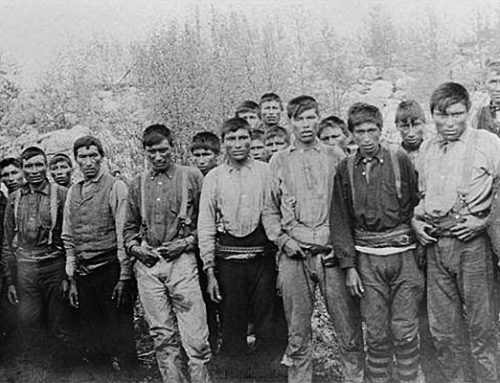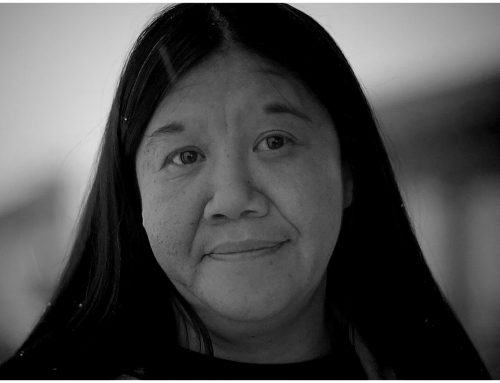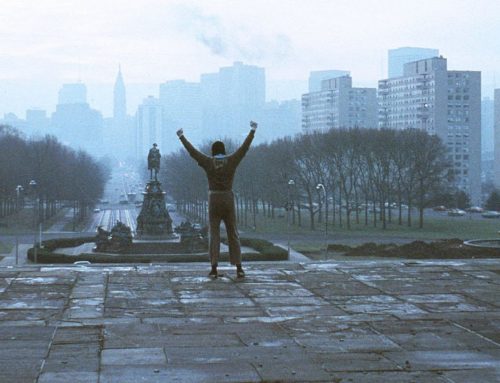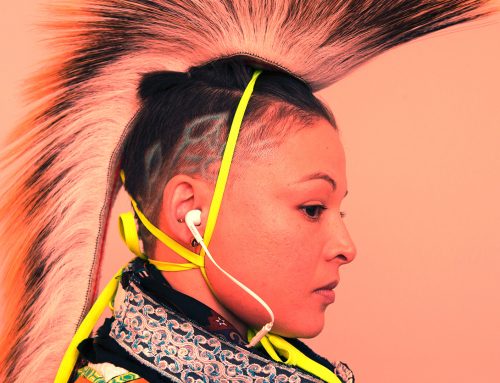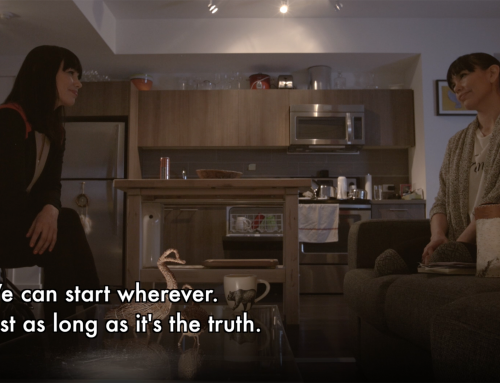By Lisa Charleyboy
Episode six of UNGTV is devoted to exploring ‘Fashion and Cultural Appropriation’ by chatting with Indigenous Artist Erika Iserhoff, Fashion Designer Sage Paul, Professor Niigaan Sinclair, and CBC Producer Kim Wheeler. This topic is one of those It’s one of those topics that keeps coming back, just like that dang cat that Fred Penner seems to always be singing about.
As a writer with a background in fashion, I’ve done a lot of writing and commenting on cultural appropriation over the past decade. I’ve described Canadian Designer Duo DSquared’s Fall 2015 line as “The glamorization of colonization” and wrote about how No Doubt’s ‘Looking Hot’ music video links back to the history of sexual violence against Indigenous women.
While my wheelhouse is definitely on the fashion and pop culture side of the spectrum, I was totally blown away by the way in which Niigaain Sinclair opened up the Indian mascot issue and dropped some truth bombs about how they are rooted in colonialism and conquest.
“Why is it that you have Indian images on sports logos, on sports mascots? It’s because it’s the celebration of the removal of territory through violence.”
~ Niigaan Sinclair
Wait, what? Niigaan explains that as American culture was being shaped in the late 19th and early 20th by sports, the last of the Indian wars still had dust settling. How did I never see this connection before? It makes so much sense to me now.
“What characterizes and brings all of these sports teams together is every single one of them is sport is both the acquisition, the colonization, the taking of territory through force.”
~ Niigan Sinclair
The ongoing issue of fashion and cultural appropriation can seem like a very silly debate to some people when there are larger issues that many Indigenous people have to face: clean drinking water, access to housing, intergenerational trauma.
But when you unpack all of these issues to get to the crux of the conversation, you realize that we are always staring at the same kernel of truth: The ongoing impacts of colonization and conquest – whether masked by a music video or mascot – continue to impact the daily lives of Indigenous peoples today.
“They think that our culture is a costume, and it’s not.”
~ Kim Wheeler
I hope that this episode brings the appropriation debate forward so that we can talk about the impact of it on us as people, as consumers, and as Canadians. The difference between cultural exchange and cultural appropriation is simple, it’s about respect.


